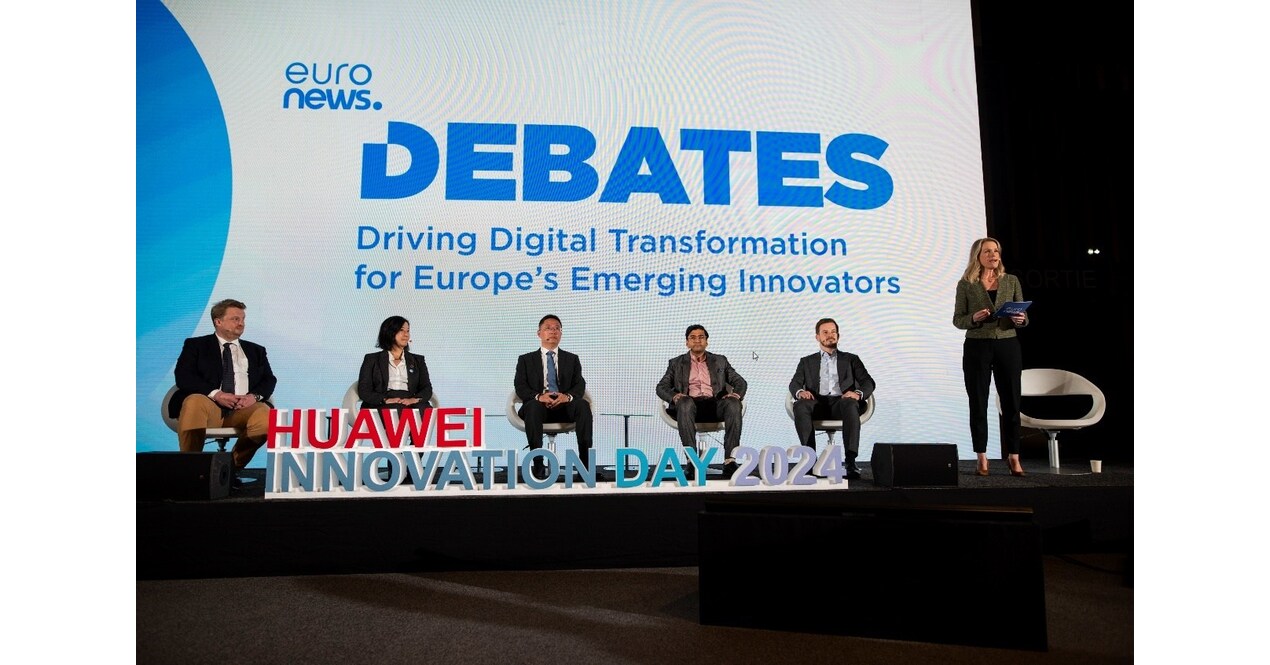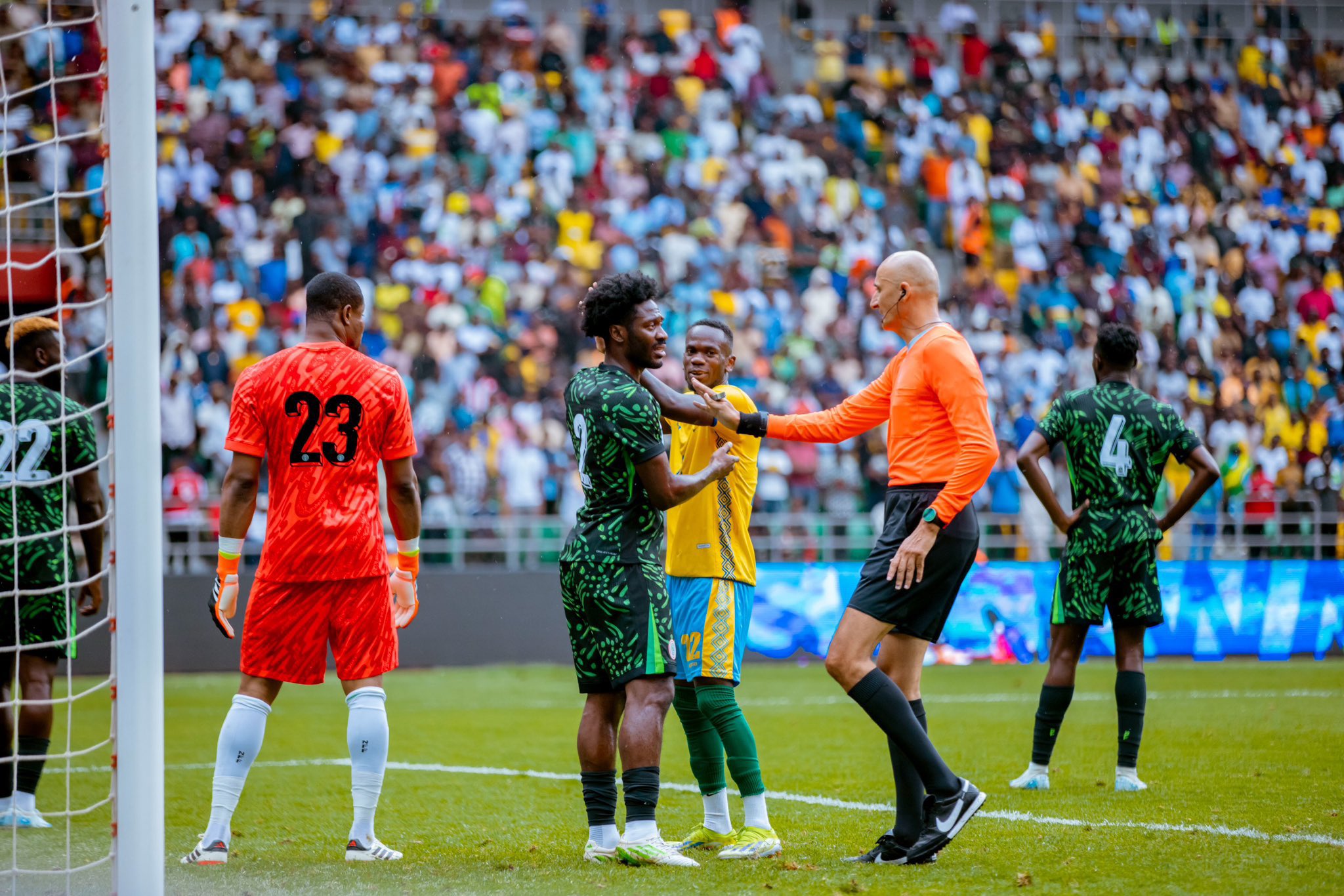Wider Europe Briefing: The EU’s Latest Attempt To Hit Russia (And Belarus) With Sanctions

Welcome to Wider Europe, RFE/RL’s newsletter focusing on the key issues concerning the European Union, NATO, and other institutions and their relationships with the Western Balkans and Europe’s Eastern neighborhoods.
I’m RFE/RL Europe Editor Rikard Jozwiak, and this week I’m drilling down on two issues: the EU’s new Russian sanctions package and military aid to Armenia and Georgia.
Brief#1: The EU Could Further Sanction Russian Energy
What You Need to Know: On May 8, the European Commission presented a new round of sanctions on Russia and Belarus to the ambassadors of the European Union member states. The proposal, seen by RFE/RL, is actually surprisingly ambitious, given that the bloc has adopted numerous rather weak packages in the past. The big question is whether the measures, if adopted, will retain their clout. As they have to be adopted unanimously, there is a risk of them being watered down.
Surprisingly, the proposed measures touch on Russian energy, something that has been a “no-go” ever since the EU managed to impose a near-ban on Russian oil imports in 2022 after months of diplomatic bickering. This time, the European Commission is proposing to hit Russian liquefied natural gas (LNG).
However, the sanctions proposal does not suggest banning direct imports to the EU, which make up some 5 percent of the bloc’s energy consumption and can be replaced immediately, according to European Commission estimates. Instead, a gradual approach is being suggested by forbidding transshipment, meaning that EU countries would be prevented from reexporting Russian LNG and therefore forcing Russian ships to make longer journeys to reach their final destination.
There is also a ban on investing or providing services for huge Russian LNG-infrastructure projects under construction — Arctic LNG and Murmansk LNG. Big countries such as Germany, France, and Italy have already asked for an impact assessment of how these LNG-related measures will work, suggesting that member states are nervous about this move.
Deep Background: Another issue that might be tricky for EU member states to green-light is a proposed import ban on helium. So far, EU helium imports from Russia only amount to about $1 billion a year, but Russia has the ambition of becoming one of the world’s biggest helium suppliers in the future.
In the proposal, there is also a push to expand the liability of sanctions violations to EU subsidiaries abroad, which could be a step too far for EU member states as they would argue that it is too complicated to keep track of everything that has been decided in Brussels and too much of a regulatory burden for companies.
What else is in the proposal? There is a prohibition on using the System For Transfer Of Financial Messages (SPFS), a sort of Moscow-based SWIFT, which should pass even though Hungary has expressed reservations.
Then there are things that appear straightforward but which potentially may not cut it with member states. One is the restriction on the use and transfer in Russia of plant-variety rights, which give farmers the exclusive control over the planting, harvesting, selling, exporting, and importing of certain species. France and Portugal have voiced concerns here, arguing that such a move could lead to global food scarcity.
It will also be interesting to see if a proposed ban on Russian state financing for EU-based political parties, foundations, think tanks, NGOs, and media service providers in the union won’t be watered down. Some countries, notably Hungary and Slovakia, enjoy warm relations with the Kremlin and might lack the political will; others, such as the Netherlands and Sweden, have constitutional restrictions on the state interfering in media and civil society funding.
The proposed ban on acquiring Ukrainian cultural goods if there are suspicions that these items have been illegally removed from Ukraine should, however, fly. As will a bid to block the operation in the EU of transport companies that are at least 25 percent owned by Russians — a more stringent measure than the status quo, where companies can only be blocked if Russians hold a majority stake. Measures hitting Russia’s so-called shadow fleet, vessels with unclear ownership that Moscow is using to circumvent the bloc’s oil transport ban, are also expected to pass.
Drilling Down
- A proposed broadcasting ban on the pro-Russian propaganda network Voice of Europe, the state-owned RIA Novosti news agency, and the Russian newspapers Izvestia and Rossiiskaya gazeta is also expected. Under such a measure, the four companies would be added to the same EU blacklist as Russia’s state-owned RT and Sputnik. That means EU citizens can’t access their media products in the bloc, but correspondents from these companies still have the right to report from member states. I understand that the decision on this issue could be taken separately and be rubber-stamped by EU ambassadors when they assemble again in Brussels on May 15.
- There are also suggested asset freezes and visa bans on two people associated with Voice of Europe: Artem Marchevskiy and Viktor Medvedchuk, with the proposal stating that “Marchevskiy has used Voice of Europe as a vehicle for funneling financial resources designated for remuneration of propagandists, and for building an influence network connecting Medvedchuk and his associates with representatives of political parties in Europe.”
- As always, some interesting derogations are being proposed. A flight ban on Russian aircraft over EU territory was introduced shortly after the full-scale invasion of Ukraine in February 2022. Since then, Russian travelers have been using creative ways of getting around this by using quick stopovers in places like Armenia, Georgia, or Turkey, or by masking which companies are running the flight. The European Commission is proposing to tighten this by adding the requirement for flight operators to disclose the owner of the actual aircraft, as well as the nationalities of the passengers. There is, however, an exemption from this requirement for aircraft with no more than four seats and with a maximum take-off mass of 2,000 kilograms. Sounds ideal for small private jets used by rich Russians.
- And then you have Belarus, where the European Commission is suggesting measures for Minsk that have already been adopted for Russia. This includes, among other things, import bans on maritime navigation components, diamonds, gold, and coal, and a prohibition on providing Belarus with various IT services.
- An important derogation has also been suggested: the possibility of allowing Belarusian potash, used in agricultural fertilizers, to be shipped via the EU to third countries where there is food scarcity. So far, Belarusian potash has been banned and it will continue to be prohibited, but there is now a suggestion that an empty annex to the document could be adopted in which the names of at-risk third countries can be added in the future in case there is a potash shortage. The Baltic states are against this move as they believe it would reward the regime of Alyaksandr Lukashenka and force them to allow Belarusian potash to transit their countries. Others like Italy, Portugal, and Spain have countered that the EU must be seen to do more to avoid accusations of causing food shortages globally and that the empty annex is a last resort that very well may remain empty.
Brief#2: EU Military Aid For Armenia And Georgia
What You Need To Know: One of the more successful, if perhaps underreported, European Union initiatives in recent years is the European Peace Facility (EPF), created back in 2021, to finance actions such as training missions and military equipment in third countries. The facility is outside the regular EU budget, meaning that the 27 member states of the bloc contribute as they see fit.
At the start, it was largely meant to finance projects and missions in Africa with a budget ceiling of 5.6 billion euros ($6 billion), but with the full-scale invasion of Ukraine a year later, the ceiling has now been elevated to 17 billion euros. The EPF has also allowed the EU as an organization for the first time ever to send lethal military aid, with assistance worth nearly $3.9 billion going to Ukraine.
Other countries in the EU’s eastern neighborhood have also benefited from contributions from the fund. Last month, Moldova received some $44 million over a period of 40 months for nonlethal equipment in areas such as air surveillance, electronic warfare, and logistics. Georgia received more than $32 million last year to boost its army in the fields of military engineering, command and control, medical equipment, logistics, and cyberdefense — a sum that came on top of previous contributions from the EU, worth $34.5 million, for similar purposes.
Deep Background: Now, once again, Georgia is in line for more cash from the EPF — as is Armenia. For Armenia, it would be the first time ever it had received such funding and would signify a small but symbolic step for Yerevan in its relationship with the European Union. (There are even rumors in Brussels that Armenia might soon even apply to join the bloc.)
The draft EPF proposal, seen by RFE/RL, also hints at Armenia’s closer cooperation with the bloc: “the assistance measure aims to allow the armed forces to enhance operational effectiveness, accelerate compliance with (European) Union standards and interoperability, and thereby better protect civilians in crises and emergencies. It will also strengthen Armenia’s capacities in regard to its future participation in EU Common Security and Defense Policy (CSDP) operations and missions.”
Interestingly, the proposal for Georgia contains the same wording. For both countries, the proposal states that the “objective of the assistance measure is to contribute to the strengthening of the armed forces of the Republic of Armenia/Georgia’s capacities to enhance national security, stability, and resilience in the defense sector.”
Drilling Down
- There are key differences between the military proposals for the two countries. Armenia’s is a rather modest one – worth nearly $11 million for the upcoming 30 months. The document makes it clear that it will finance the “types of equipment not designed to deliver lethal force” and spells out that it will contribute mobile field-camp capability for a battalion-sized unit and a medical treatment facility. For Georgia, the proposal is to the tune of more than $32 million for 40 months. As with Armenia, there is support for logistics equipment, but then additionally there is also money available for artillery command-and-control equipment, engineering equipment, and cyberdefense equipment.
- For both countries, there are also safeguards in case things don’t go to plan. The funding can be suspended or terminated altogether if Yerevan or Tbilisi are not following international human rights law, if the cash is not used for the purpose it was provided for, or if any equipment is transferred without Brussels’ consent.
- To make sure the money isn’t frittered away, the EU has also insisted on delivery certifications and onsite visits upon request by the EU foreign policy chief or EU auditors, as well as reports on how the various projects are doing every six months.
- These sorts of requests are standard in Brussels, but they also reflect potential unease as these decisions ultimately are political. All 27 EU member states must sign off on them.
- In the case of Georgia, EU ambassadors already did so on May 8. Despite growing worries about the potential of Georgia adopting a “foreign agent” law — which requires media outlets, NGOs, and other nonprofits to register as “pursuing the interests of a foreign power” if more than 20 percent of their funding comes from abroad — the member states decided not to touch the EPF money for Tbilisi. One argument not to cut Tbilisi off was that the continued funding would lead to more transparency and the EU would have some oversight of the Georgian armed forces.
- Instead, the EU is looking into other ways to respond in case the law is adopted, including halting Georgia’s EU accession process, freezing some other EU funds meant for Georgia, or even looking into ways to suspend visa liberalization with the country.
- It is actually Armenia’s EPF proposal that is more problematic. So far, it hasn’t reached the EU ambassadors’ desks as it remains stuck in lower-level working groups partly as a result of Hungary blocking it. Hungary, which enjoys close ties with Azerbaijan, has conditioned its green light for Armenia on Baku getting its own EPF program as well. While other EU member states would be open to Azerbaijan also benefiting from the fund, there is one problem: the EPF functions in such a way that a third country must ask if they can be part of it and, so far, Baku has not shown any interest.
Looking Ahead
Watch out for the annual meeting of the foreign ministers of the Council of Europe, which focuses on promoting human rights, democracy, and the rule of law on the continent, in Strasbourg on May 16-17. There had been hopes that, after this session, Kosovo would be approved to join the organization. But as Pristina hasn’t submitted a draft law on the establishment of an association of Serbian-majority municipalities — a key sticking point between Kosovo and Serbia — chances now appear slim that this will happen.
NATO countries’ chiefs of defense will assemble in Brussels on May 16 to discuss weapon deliveries to Ukraine, a potential NATO mission to coordinate these deliveries and train troops, and how to ramp up military production in the alliance.
That’s all for this week. Feel free to reach out to me on any of these issues on Twitter @RikardJozwiak, or on e-mail at jozwiakr@rferl.org.
Until next time,
Rikard Jozwiak
If you enjoyed this briefing and don’t want to miss the next edition subscribe here.
Related
UK army chief: We’re ready to fight Putin in Eastern…
Eastern European NATO members including Latvia and Estonia have nervously eyed Russia's full-scale invasion of Ukraine, while Finland, which borders Russia t
Biden’s last-minute permission to strike deep inside Russia divides Europe
The European Union and US President Joe Biden are taking unprecedented steps to bolster Ukrainian and European defences following Donald Trump’s November 5 pr
Europe is gaslighting itself about its energy woes
Since Russia’s invasion of Ukraine triggered a European energy crisis, the bloc hasn’t been completely honest about its dire situation. It misinterpreted wh
Russia rejects claims of sabotage on undersea cables in Europe,…
The Danish military is monitoring a Chinese ship in its waters just days after two underwater telecommunication cables were cut in a possible act of sabotage, a












